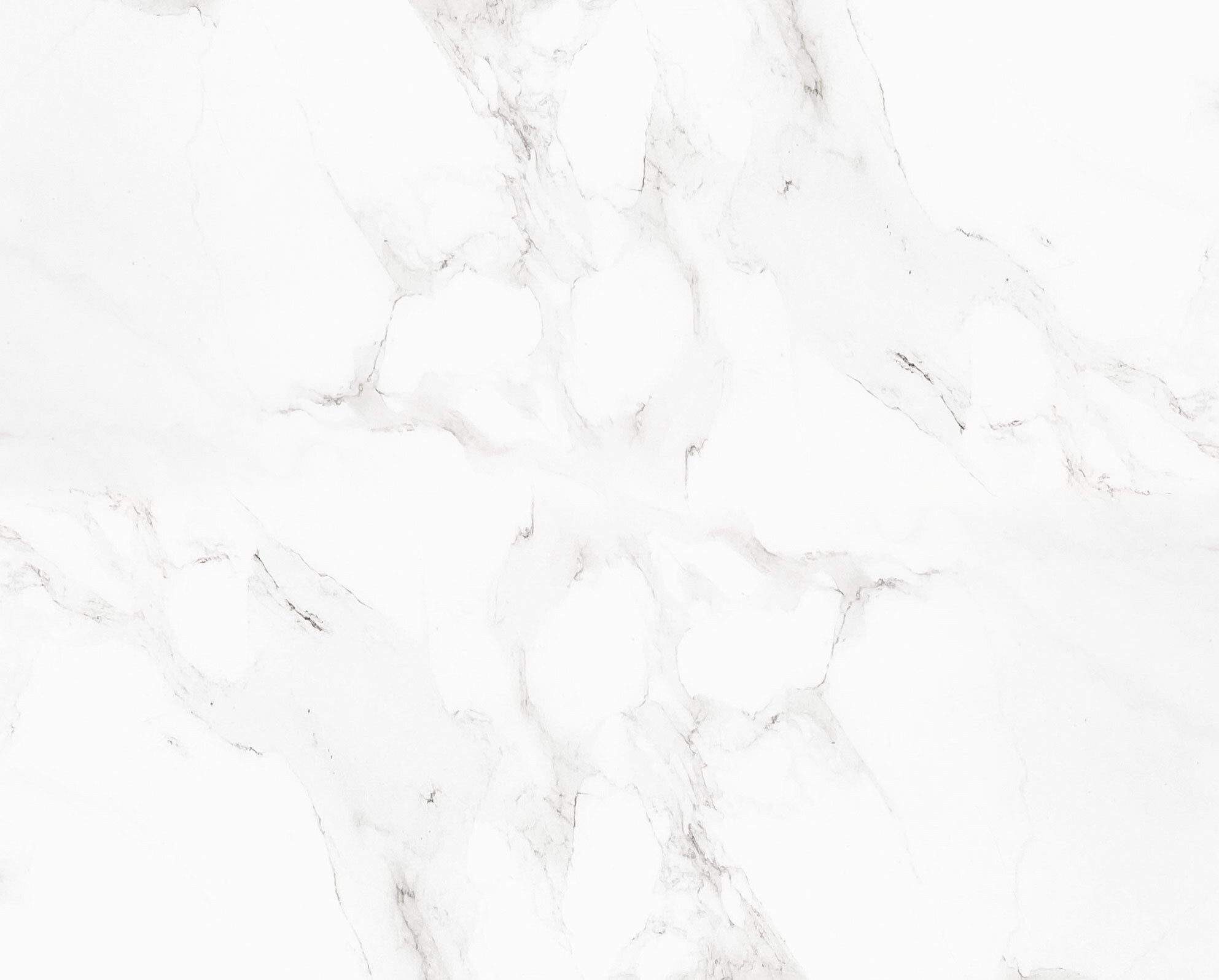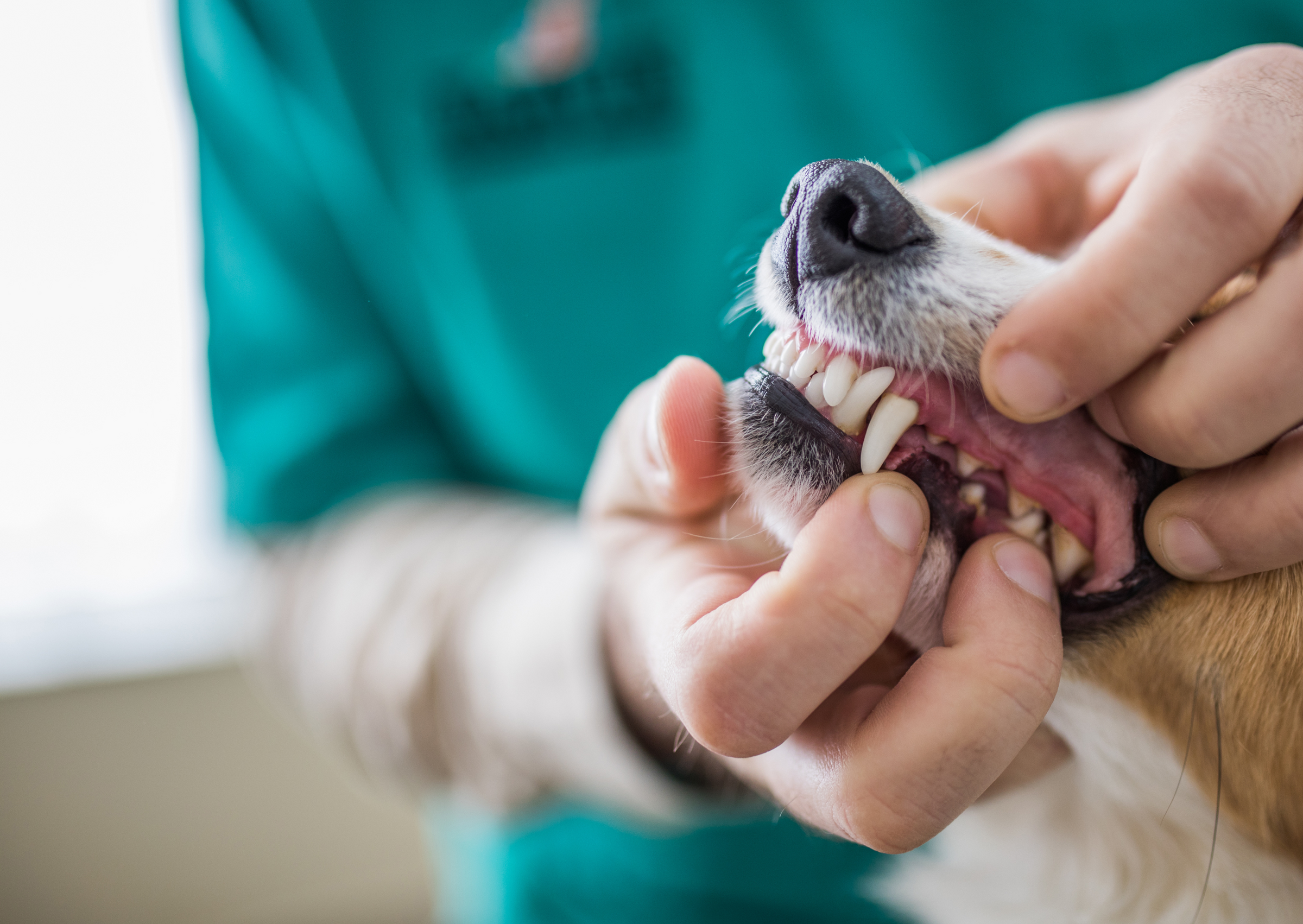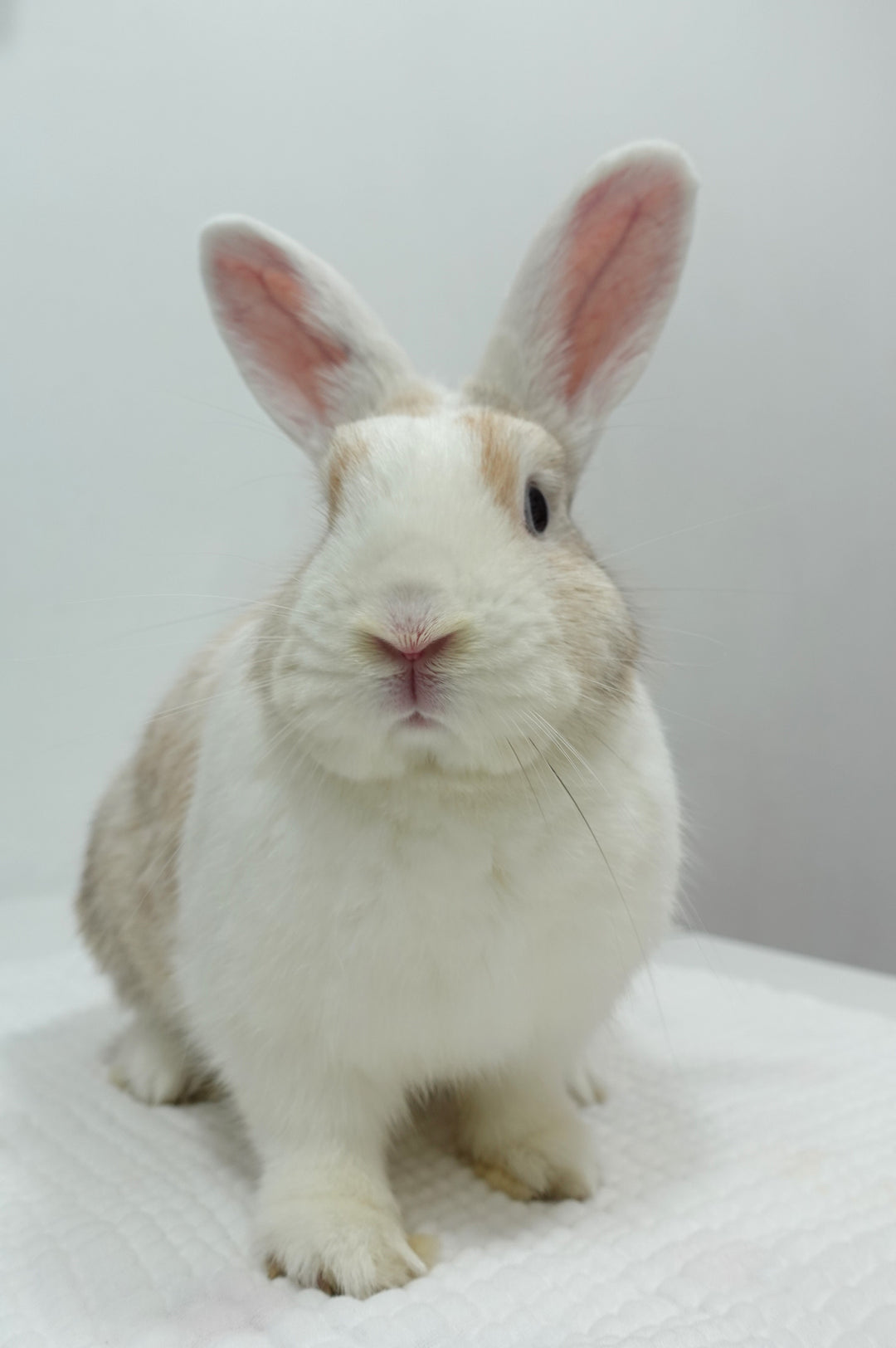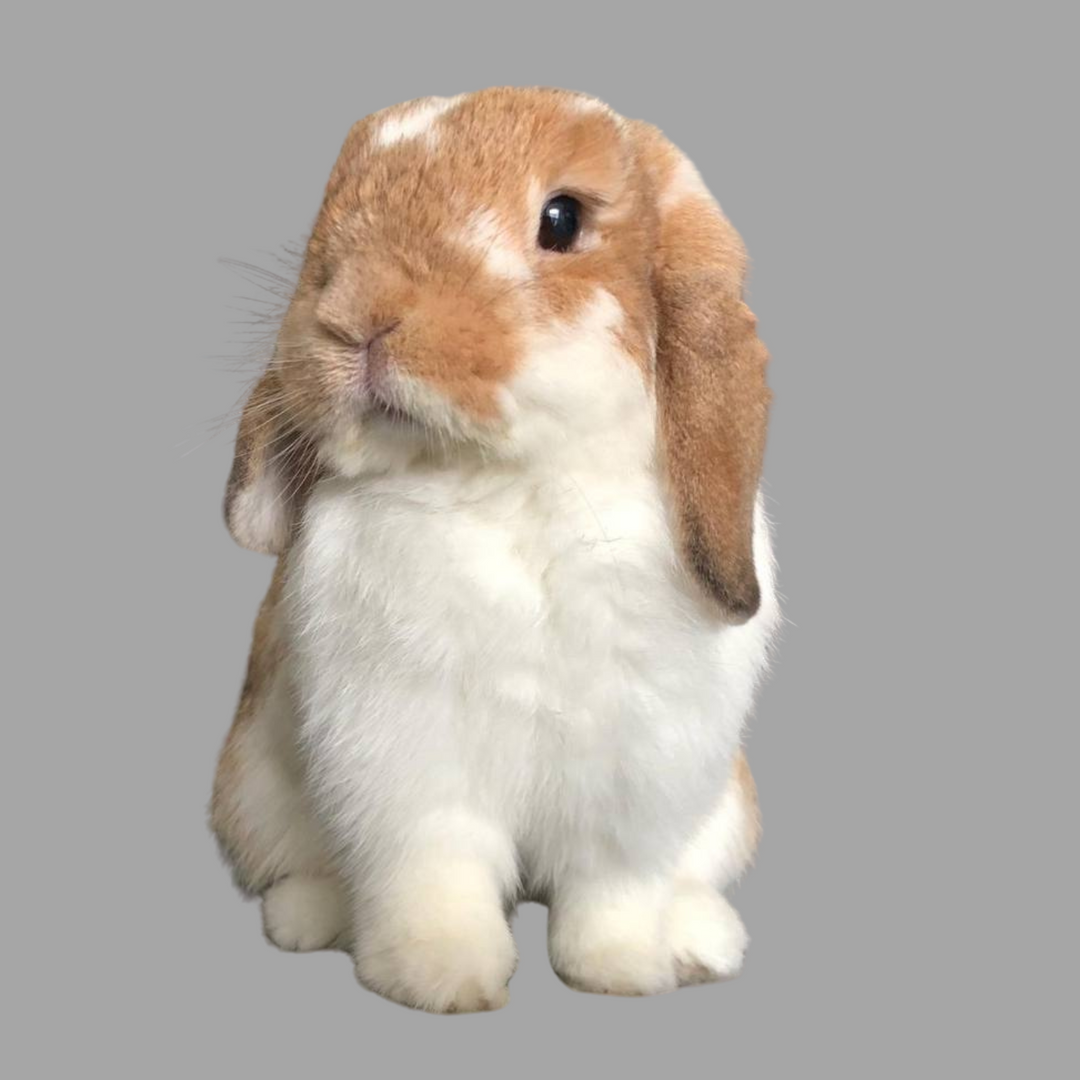Dentistry
Dentistry

Periodontal disease is a common dental problem in dogs and cats that affects the tissues surrounding the teeth. If left untreated, it can lead to pain, tooth loss, and even systemic health issues. At Vet Central, we offer comprehensive periodontal treatment and surgery to help improve the oral health of your furry companions.
1. Dental Cleaning - Regular professional dental cleanings are essential for preventing and treating periodontal disease. Our team uses specialized tools to remove plaque and tartar buildup from your pet's teeth, both above and below the gumline.
2. Scaling and Root Planing - In cases where periodontal disease has progressed, scaling and root planing may be necessary to clean the teeth thoroughly and smooth the root surfaces to promote healing.
3. Extractions - Severely affected teeth may need to be extracted to prevent further infection and pain. Our experienced veterinarians perform extractions with care to ensure your pet's comfort.

Dental surgical procedures we perform include:
1. Gingival Flap Surgery - This procedure involves lifting the gum tissue to access and clean the roots of the teeth thoroughly. It may be recommended for advanced cases of periodontal disease.
2. Gingivectomy - In some cases, overgrown or diseased gum tissue may need to be removed to improve the health of the gums and teeth.
3. Root Canal Treatment - A specialised procedure designed to save a tooth that has been damaged or infected while preserving the natural tooth structure.
4. Enamel Restoration - A dental procedure aimed at restoring damaged enamel on their teeth.

Odontogenic abscesses in rabbits and guinea pigs are localized infections that occur in the oral cavity as a result of bacterial invasion following dental issues such as overgrown teeth, dental malocclusion, trauma, or periodontal disease. These abscesses typically form around the roots of affected teeth and can lead to pain, swelling, difficulty eating, and systemic illness if left untreated.
Treatment usually involves dental procedures to address the underlying dental problem, cleaning of the abscess as well as associated structures, culturing the bacteria, and administration of antibiotics to control the infection.
Malocclusion in rabbits and guinea pigs refers to a misalignment of the teeth, commonly the incisors or molars, which can prevent proper chewing and lead to dental overgrowth. This condition can result from genetic factors, improper diet, or trauma. Malocclusion can cause pain, difficulty eating, weight loss, drooling, and in severe cases, abscess formation or even death. Treatment typically involves regular dental trimming or extraction under sedation or anesthesia, dietary changes to promote proper wear of the teeth, and addressing any underlying health issues contributing to the malocclusion.
Both odontogenic abscesses and malocclusion are serious dental conditions in rabbits and guinea pigs that require prompt veterinary attention to prevent complications and ensure the well-being of the animals. Regular veterinary check-ups every 3 to 12 months and proper dental care are crucial in maintaining the oral health of these small mammals.

Rabbit and rodents are unique and have continuously growing teeth that are designed to be worn down by an abrasive diet consisting of grass and vegetation. Overgrown teeth can occur due to malocclusion, insufficient roughage to wear teeth down, stress related behaviours or secondary to other health conditions.
Dental problems and pain are common and these pets are good at hiding the symptoms due to their prey instincts. 6 to 12 monthly dental checks are sufficient for healthy patients but often pets with dental disease require a check every 3 months. Some of these patients require trimming and filing of teeth under general anesthesia to allow proper closure and function of the oral cavity.

Osteotomy is a common surgical approach performed on rabbits and guinea pigs to treat jaw abscesses of dental origins (odontogenic abscess), access the “root” of the tooth or clean out infections of the jaw bone. This extra-oral approach provides a more complete assessment and treatment of the diseased jaw. Marsupialisation is often performed at the end of this procedure to allow thorough cleaning of the affected area post-operatively in the next few weeks. This is an advanced surgical procedure and a thorough discussion with the surgeon is required to prepare patient and owners for weeks of healing and care.
